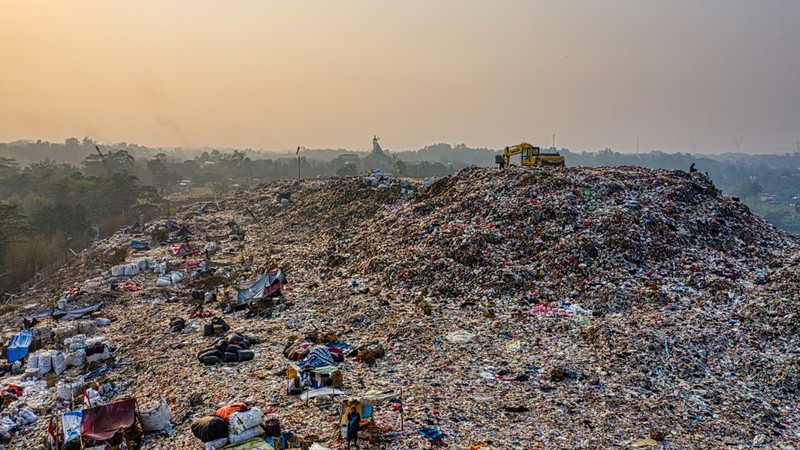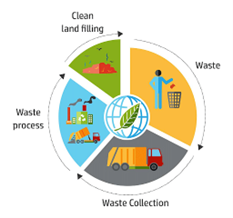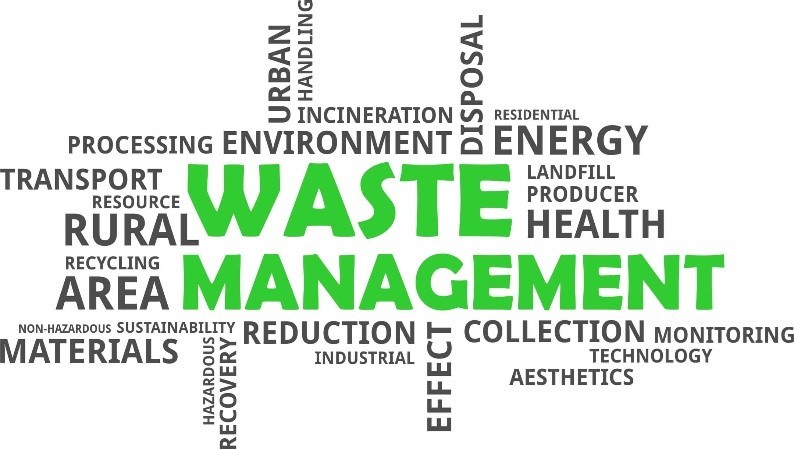SOLID WASTE MANAGEMENT IN URBAN AREAS
August 13, 2025
Solid waste management in urban areas is crucial for maintaining environmental sustainability and public health. With rapid urbanization, cities are generating increasing amounts of waste, posing significant challenges for disposal and recycling. Effective waste management practices, such as segregation, recycling, and composting, help reduce pollution, conserve resources, and mitigate health risks. Studying successful models and identifying areas for improvement is essential to develop efficient systems that can handle the growing waste burden and promote a cleaner, healthier urban environment. This research is vital for creating sustainable cities and ensuring a better quality of life for urban residents.

I have chosen to compare 3 different cities - Alappuzha, Indore, and Bhubaneswar that will provide valuable insights into effective practices and challenges.
Alappuzha
Alappuzha, often praised for its decentralized waste management system, has been recognized by the United Nations Environment Programme (UNEP) for its efforts.
The city focuses on 100% waste segregation at the source and promotes biogas plants and decentralized composting systems. This approach has significantly reduced the amount of waste sent to landfills and improved overall community health.
Indore
Indore has consistently ranked as one of the cleanest cities in India due to its comprehensive waste management system.
The city implemented mandatory waste segregation at the source, door-to-door waste collection, and established state-of-the-art waste processing facilities. Community participation and continuous public awareness campaigns have been key to Indore's success.
Bhubaneswar
Despite being a smart city, Bhubaneswar faces significant challenges in waste management. Issues include inadequate waste segregation, insufficient infrastructure, and improper disposal practices6. While there have been some successes, such as the establishment of micro composting centres and material recovery facilities, the city still struggles with effective waste management.
By comparing these three, I would like to:
- Find solutions for Bhubaneshwar that are best practices at Alappuzha and Indore.
- Highlight the importance of community engagement, proper infrastructure, and continuous improvement in waste management practice.






